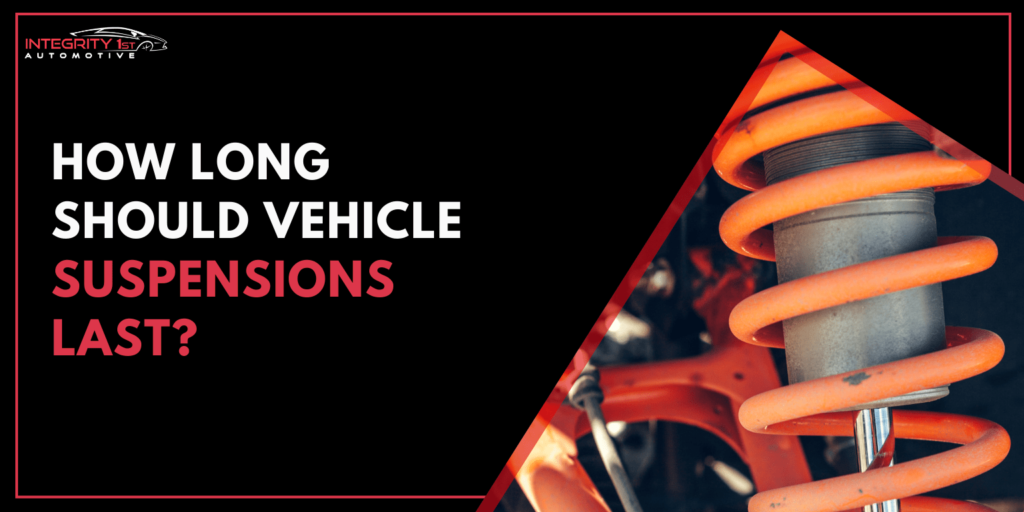If you find your car’s air conditioning to be weak or failing altogether, the problem could simply be due to low refrigerant (freon) levels. We show you three tell-tale signs you can identify in minutes!
How Your Vehicle’s Air Conditioner Works

We all know how hot the Texan heat can be. The Texan heat is tough on air conditioning systems, and during the summer months, the last thing you want is to head out for a long drive only to realize your vehicle’s air conditioning is not working. The chemical (refrigerant) used to provide cool air is called Freon. Without it, there’s no way to circulate cold air throughout your vehicle cabin.

It’s All About The Pressure
Air conditioning systems leverage high-and-low pressure. Before the Freon is converted into a liquid on the high side, it starts as a gas on the low-pressure side of the system. The vehicle is kept cool by the constant circulation of refrigerant through the high and low-pressure sides of the system.
Over time, These Pressurized Systems Begin To Leak!

3 Signs Your Vehicle’s A/C Needs To Be Recharged

1. Your A/C is Blowing Warm Air
One of the most obvious symptoms of low Freon levels is if your air conditioner is blowing warm or room temperature air. As we discussed, the air conditioning system in your vehicle operates by circulating this pressurized refrigerant. When the amount drops too low, it eventually affects performance.

2. Listen For The A/C Clutch to Engage
When you turn on your vehicle’s air conditioner, if you listen closely, you will hear a ‘click’ which signifies the clutch engaging. If the Freon levels are too low, the clutch will fail to engage which means there’s not enough refrigerant for the compressor to pressurize. In other words, your air conditioning system has nothing to work with!

3. Visible Refrigerant Leaks
Another more serious symptom of low Freon levels is visible leaking. If you notice a leak, you will know it’s Freon if it appears as a ‘thin’ greasy substance. These leaks often appear under the hood around the compressor, inside the cabin, or leaking under your vehicle. If you notice leaking, you should head over to your local auto repair shop and have an ASE-Certified technician diagnose the issue and take care of your vehicle’s A/C issues.
What Happens With A Vehicle A/C FREON Recharge?





